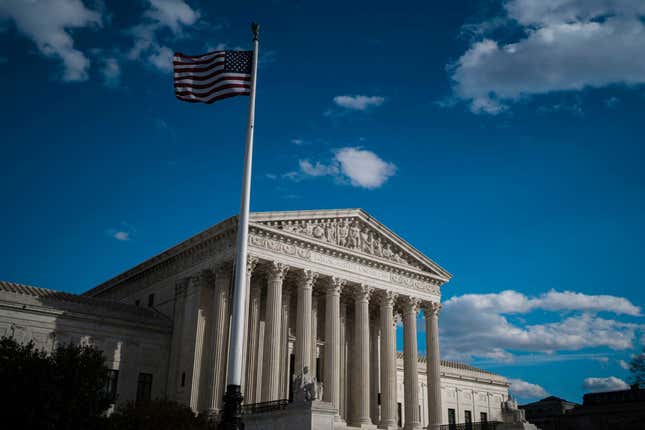
The U.S. Supreme Court might have a future in making the judicial branch more diverse with President Joe Biden’s pledge to nominate a Black woman to Justice Stephen Breyer’s seat. However, much of America’s past is rooted in racist practices and laws against minorities like segregation, slavery, and most recently, anti-Critical Race Theory laws.
According to Reuters, civil rights groups such as the American Civil Liberties Union and the Brennan Center for Justice sent a letter to Attorney General Merrick Garland asking that the Justice Department publicly condemn a series of rulings in the early 1900s called the “Insular Cases.”
In their letter, the coalition noted President Biden’s executive order signed in January 2021 pushing to “advance racial equity and push us closer to that perfect union we’ve always strived to be.” The Insular cases were a series of rulings that occurred in the early 1900s.
The rulings, starting in 1901, came in the aftermath of the acquisition of overseas territories following the 1898 Spanish-American War and established that Puerto Ricans and those living in some other U.S. territories do not possess the same rights under the U.S. Constitution as people living in the U.S. states.
One Supreme Court justice at the time referred to territories “inhabited by alien races” and another endorsed the notion that the United States can seize “an unknown island, peopled with an uncivilized race” without conferring citizenship.
The letter to the DOJ also noted the Justice Department’s “continued embrace of the Insular Cases cannot be reconciled with this administration’s pledge to advance equity and racial justice affirmatively.”
An ACLU lawyer named Alejandro Ortiz thinks it was an “easy win” for Biden’s administration to condemn the Insular Cases based on the racist reasoning behind them.
“This is one easy example of systemic racism, where racism has been built into the way the federal government treats people who live in the territories, who are overwhelmingly people of color,” Ortiz added.

